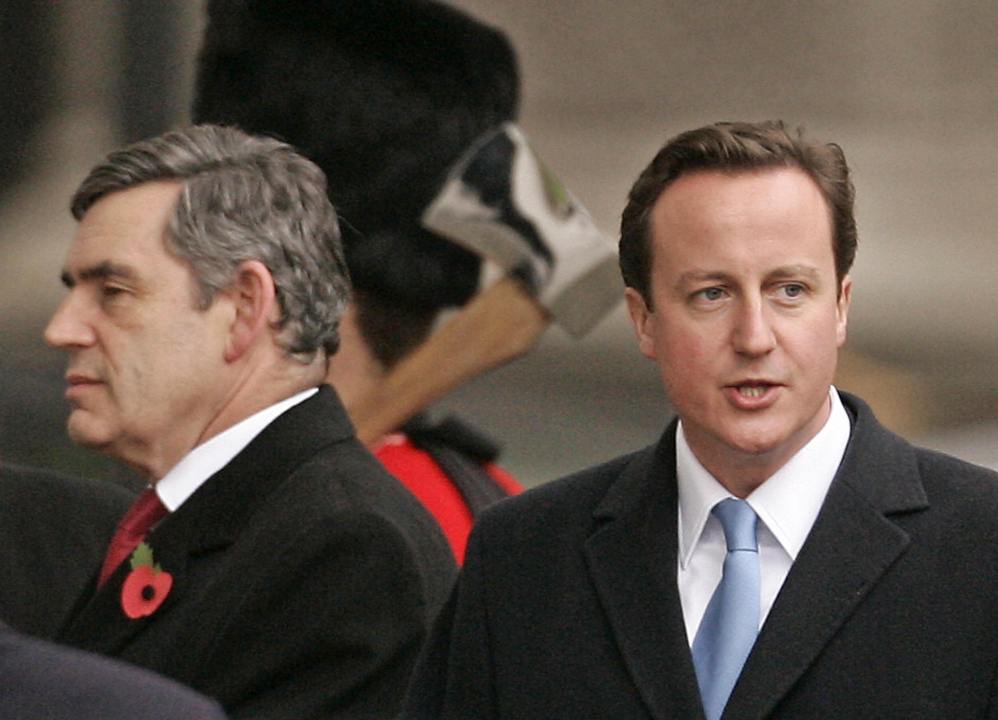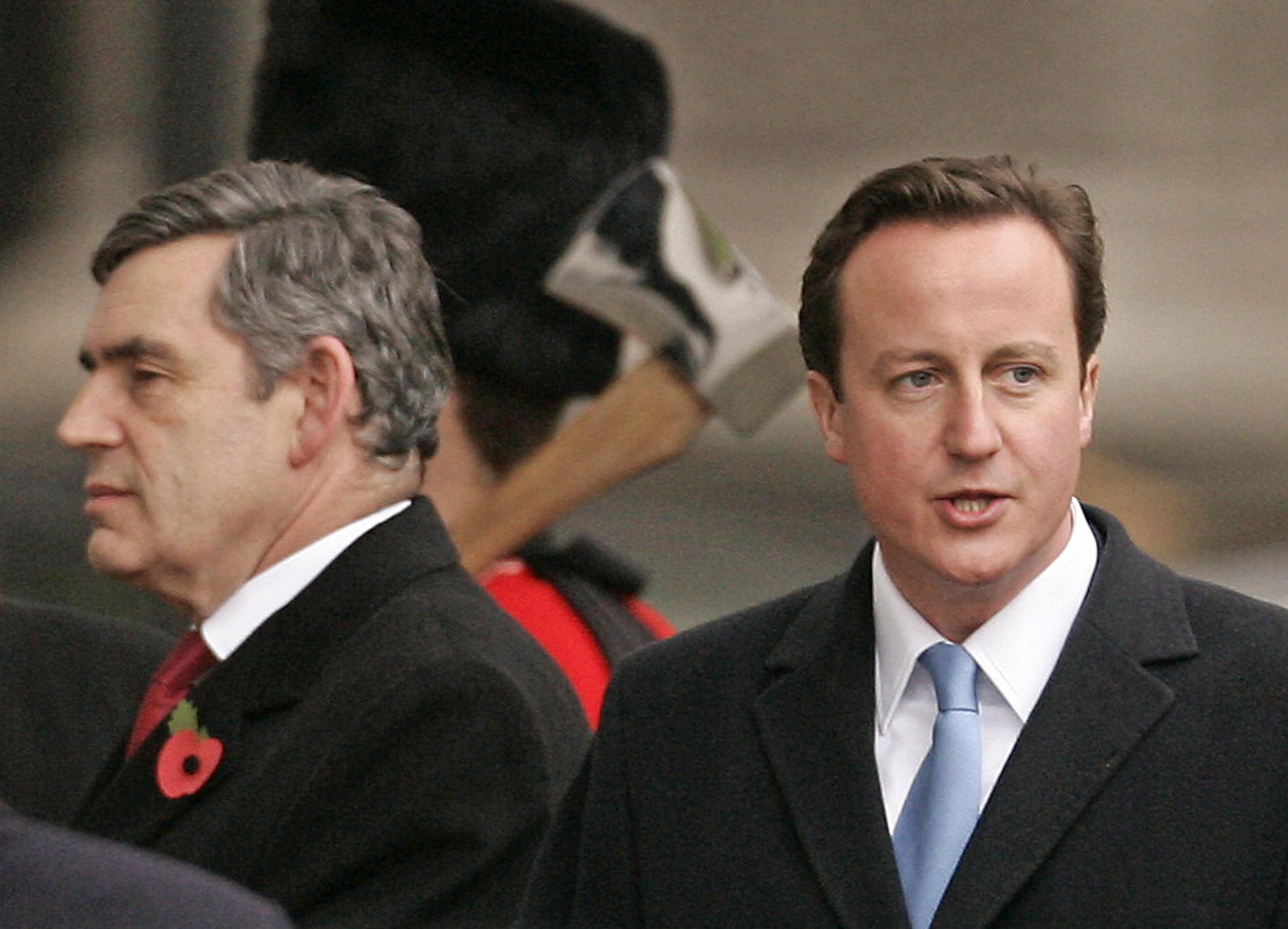 I can understand why George Osborne went back to London to see Darling, but it’s good to hear that he’s coming back to Birmingham tonight. The idea of a national government for an economic war may appeal to Brown in that it delays his meeting an electorate already strapping on its Doc Martens in anticipation of booting him out. But practically it’s a joke – under this Prime Minister anyway. If Brown won’t confide in, let alone share power with, his own Cabinet, what can Cable and Osborne do? Plus I suspect Brown won’t overcome his hatred for Osborne. It would end calamitously. The national interest lies in getting rid of an unusually unpopular, spectacularly wrong-headed Prime Minister who has a notorious record of subordinating the national interest to faction calculation.
I can understand why George Osborne went back to London to see Darling, but it’s good to hear that he’s coming back to Birmingham tonight. The idea of a national government for an economic war may appeal to Brown in that it delays his meeting an electorate already strapping on its Doc Martens in anticipation of booting him out. But practically it’s a joke – under this Prime Minister anyway. If Brown won’t confide in, let alone share power with, his own Cabinet, what can Cable and Osborne do? Plus I suspect Brown won’t overcome his hatred for Osborne. It would end calamitously. The national interest lies in getting rid of an unusually unpopular, spectacularly wrong-headed Prime Minister who has a notorious record of subordinating the national interest to faction calculation.
David Cameron, of course, is at it too. Listening to his pledge for bipartisan support in the banking crisis, you could almost think it had any meaning. What happened in Washington won’t happen in London, he said. Of course it won’t: Labour has something called a “majority” which means it matters not a jot how the Tories vote on the banking bill, especially when there’s no rebellion. There is no Tory-controlled legislature for Cameron to rally to the national interest. Cameron was doing a McCain, being seen to take the initiative by offering an olive branch to the Opposition. I suspect there was a bit of a scramble on to see which side would be the first to offer this olive branch – and Cameron beat Darling to it by a whisker. Even this will be also a gesture: there are no state secrets to impart. If the Lloyds-HBOS deal falls apart, the Treasury will be the last people to know.
The Bank of England is where the action is – and I sincerely hope it isn’t wasting too much world-saving time by sending large-type faxes over to the Treasury to keep them abreast. But taking Osborne in may help shut him up. And this, let there be no doubt, will be Brown’s primary concern. Oh the games, the games.








Comments